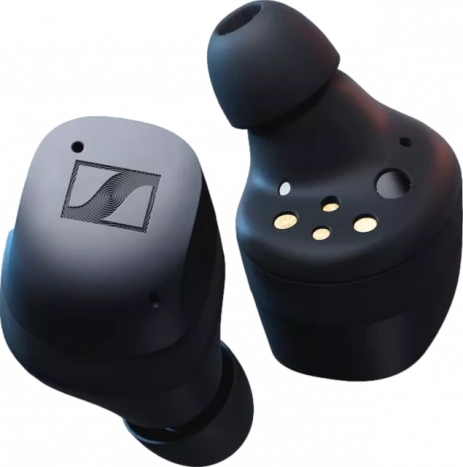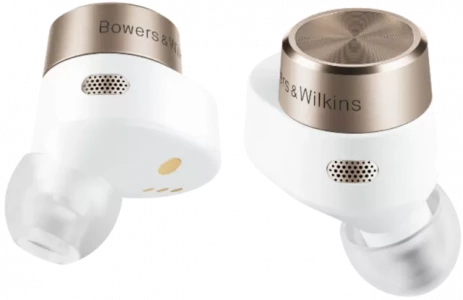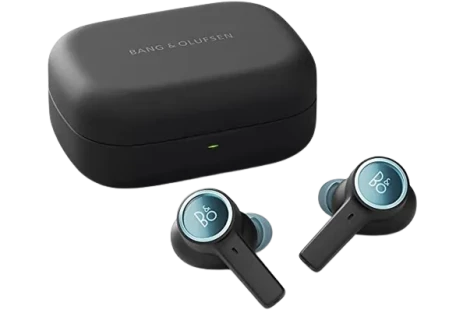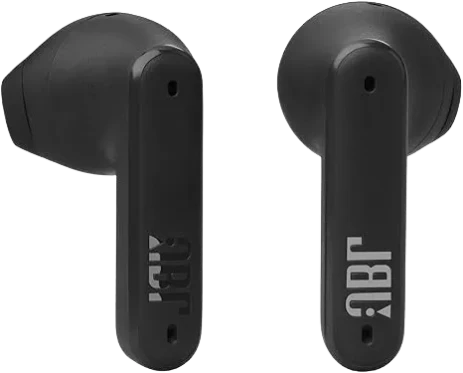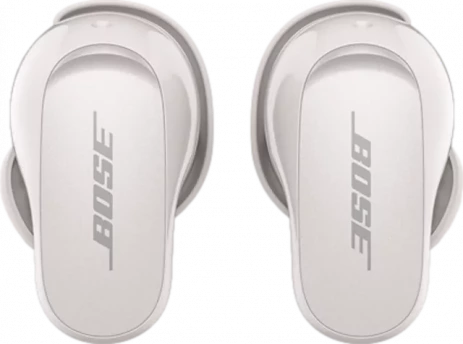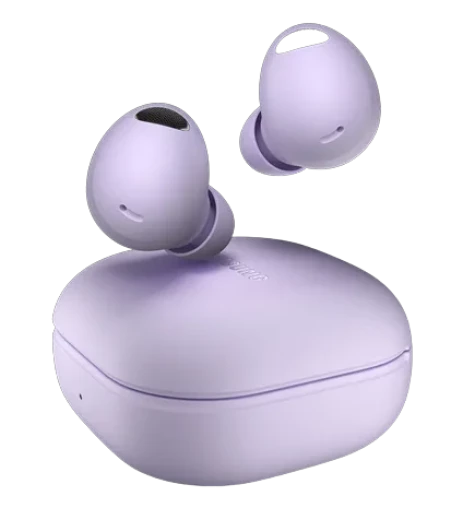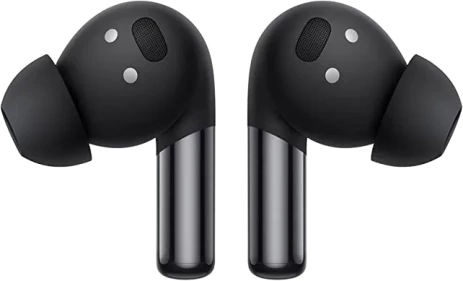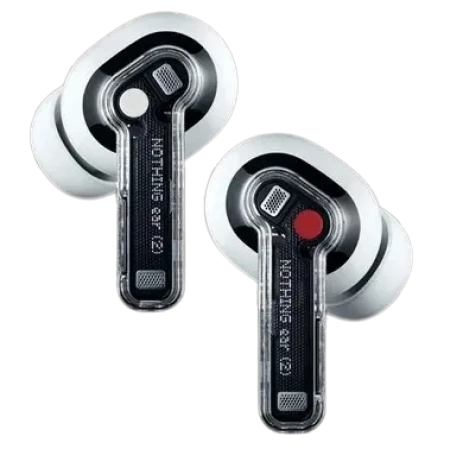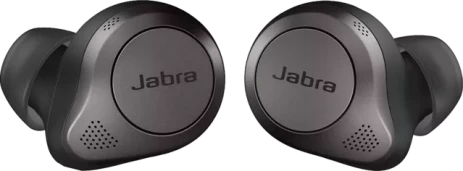Bluetooth Version
Apple AirPods Pro (2nd Gen)
v5.3
The Apple AirPods Pro (2nd Gen) have Bluetooth version of 5.3, Bluetooth is a wireless technology standard that enables data movement between devices placed in range, using short-wavelength, ultra-high frequency radio waves.
Maximum Bluetooth Range
Apple AirPods Pro (2nd Gen)
10meters
Apple AirPods Pro (2nd Gen) have a 10meters distance connecting via Bluetooth.
Has Aac
Apple AirPods Pro (2nd Gen)
✓
Apple AirPods Pro (2nd Gen) support AAC, a codec that is used for Bluetooth audio. It supports 24-bit audio at 250kbps. Because it uses psychoacoustic modeling, it provides better results than other codecs at a similar bit rate.
Being the highest quality codec that any Bluetooth-supporting Apple product supports, the Apple AirPods Pro (2nd Gen) will work fine with your iPad. If you intend on using these with Android you need to pay even closer attention to codec support for if they only have AAC they won't provide the best audio quality possible, ensure that they also support aptX HD, LDAC, or LHDC as well.
_1671835316.webp)
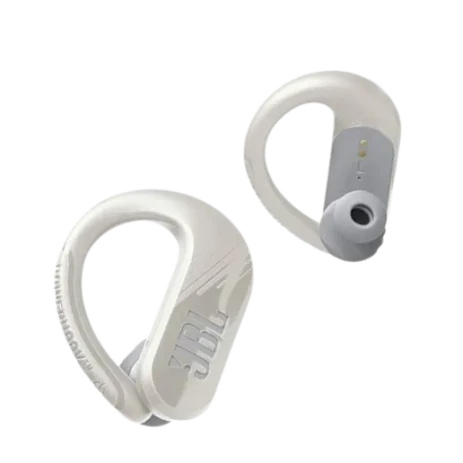 Jbl Endurance Peak 3 Vs. Apple Airpods Pro (2Nd Gen) Review
Jbl Endurance Peak 3 Vs. Apple Airpods Pro (2Nd Gen) Review
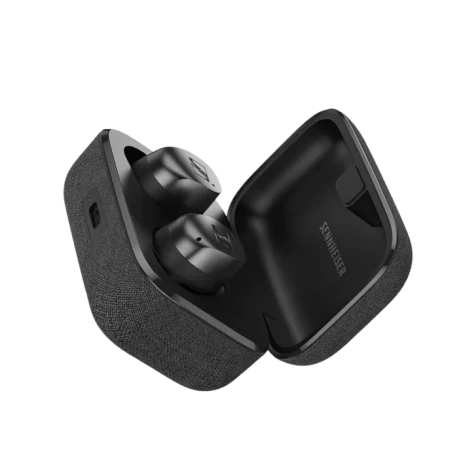 Sennheiser Momentum True Wireless 4 Vs. Apple Airpods Pro (2Nd Gen) Review
Sennheiser Momentum True Wireless 4 Vs. Apple Airpods Pro (2Nd Gen) Review
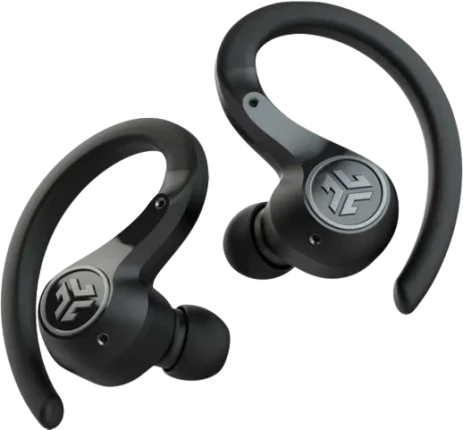 Jlab Audio Epic Air Sport Anc Vs. Apple Airpods Pro (2Nd Gen) Review
Jlab Audio Epic Air Sport Anc Vs. Apple Airpods Pro (2Nd Gen) Review
